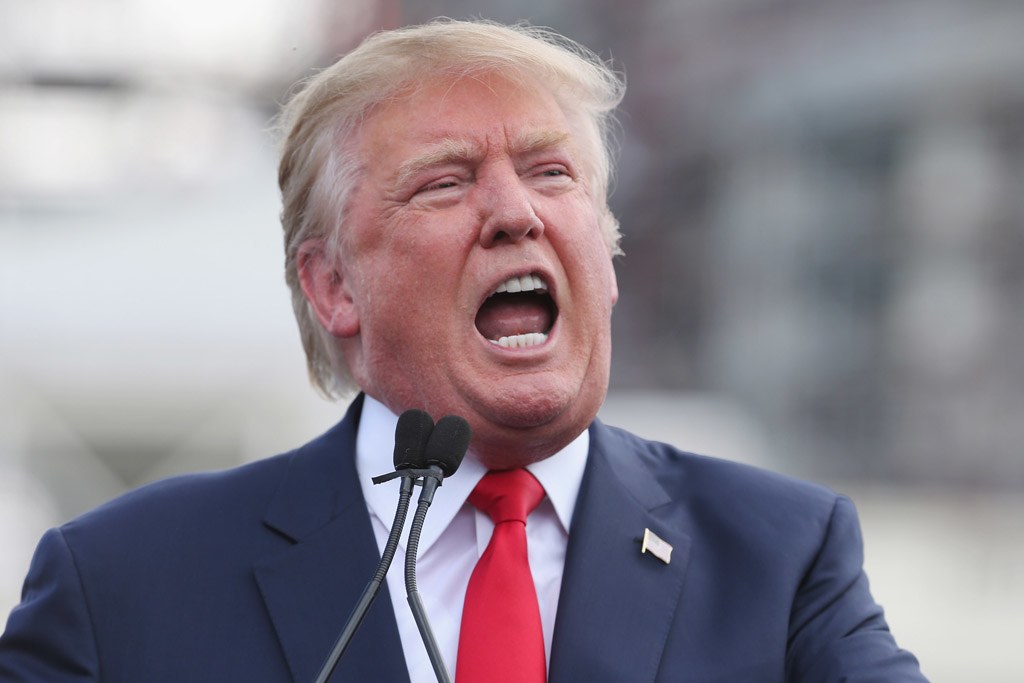On Monday (Nov. 13th), the Supreme Court ruled that President Donald Trump’s third attempted travel ban will go into partial effect. This grants the government the ability to keep travelers from the six-central Muslim countries from coming into the United States, temporarily.
In order for a foreign nation to gain allowance into the United States, he or she must have a bonafide relationship with any person or entity in the United States. This includes students who have been accepted to universities in the U.S. and an employee who has accepted a job with a U.S. company, according to the court.
Moreover, the ban will block people from central Muslim countries Iran, Libya, Somalia, Sudan, Syria, and Yemen, who do not meet the “bonafide relationship” exception from entering the United States for 90 days. This will take effect in the minimum of 3 days, 72 hours.
District Judge Derrick Watson of Honolulu issued a preliminary injunction to restrain the ban in the state of Hawaii which was granted only partial effect by an all Clinton appellate panel. It will allow “foreign nationals who have a credible claim of a bona fide relationship with a person or entity in the United States,” including relationships with “grandparents, grandchildren, brothers-in-law, sisters-in-law, aunts, uncles, nieces, nephews, and cousins.”
As for the airport chaos, the Department of Homeland Security revealed in a statement prior to taking action, it will analyze the court’s decision with the Justice and State departments and plans on handling the ban “professionally, with clear and sufficient public notice, particularly to potentially affected travelers, and in coordination with partners in the travel industry.”
Of course, Trump has chastised judges who went against his travel ban, insinuating that the decision is crucial for the safety of Americans.
That's right, we need a TRAVEL BAN for certain DANGEROUS countries, not some politically correct term that won't help us protect our people!
— Donald J. Trump (@realDonaldTrump) June 6, 2017
